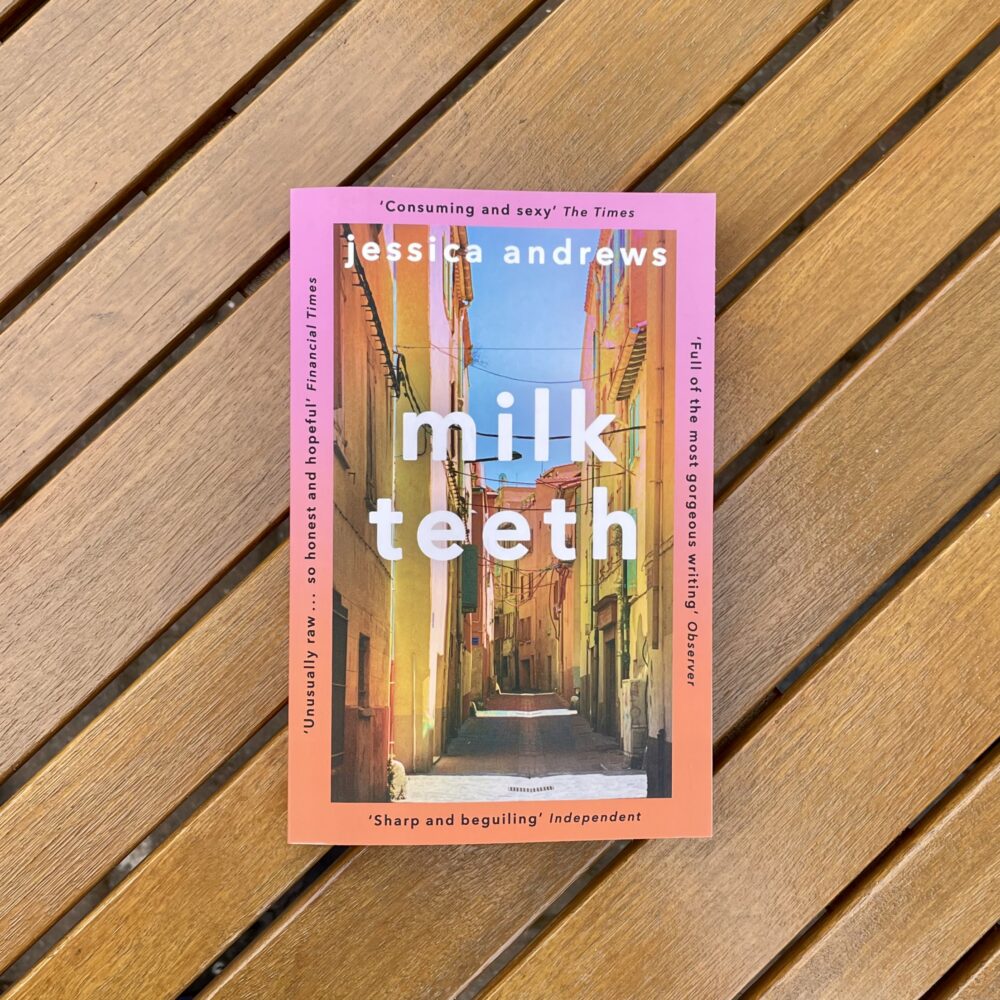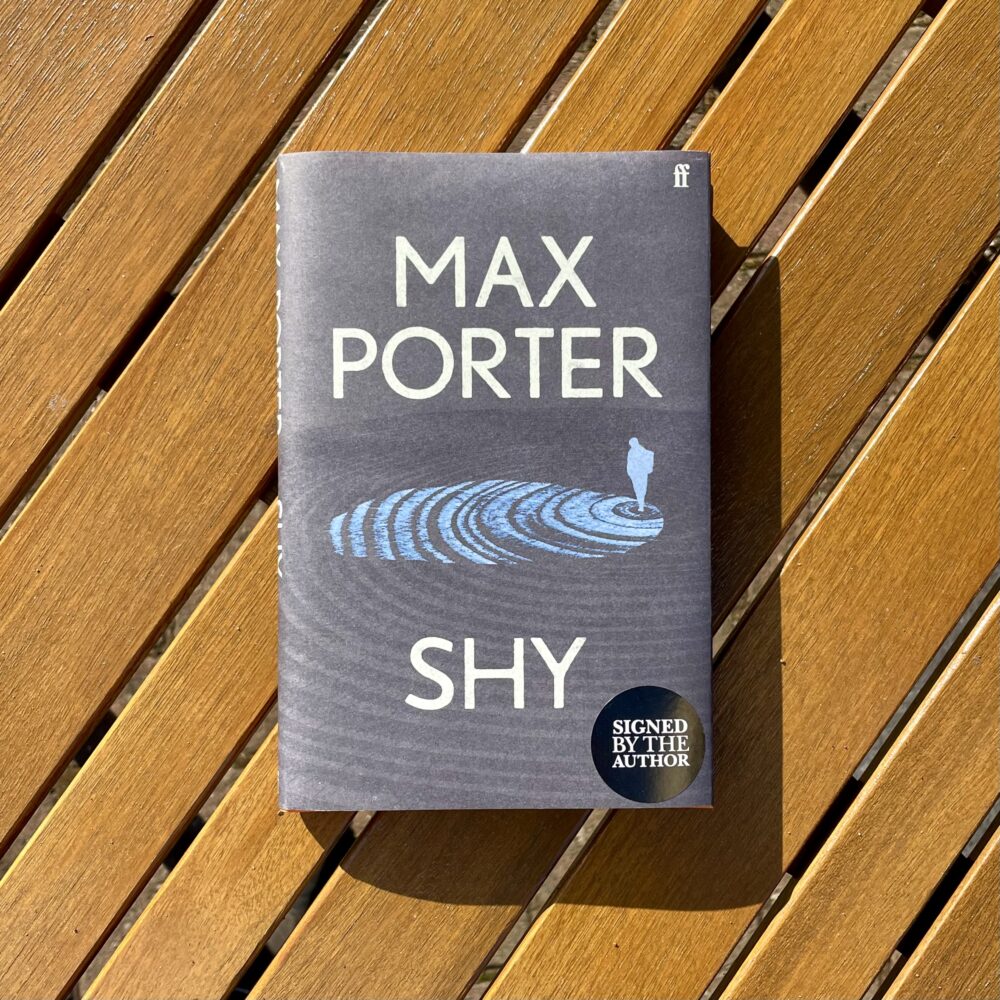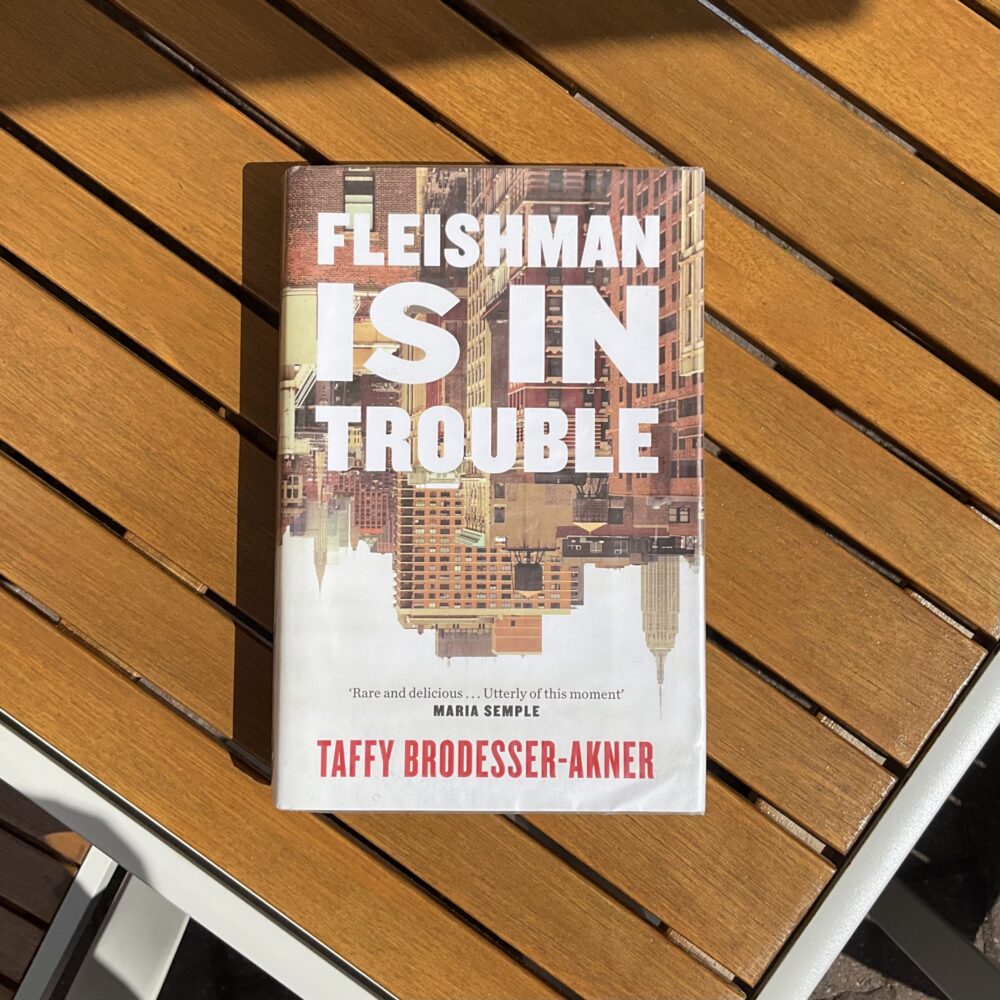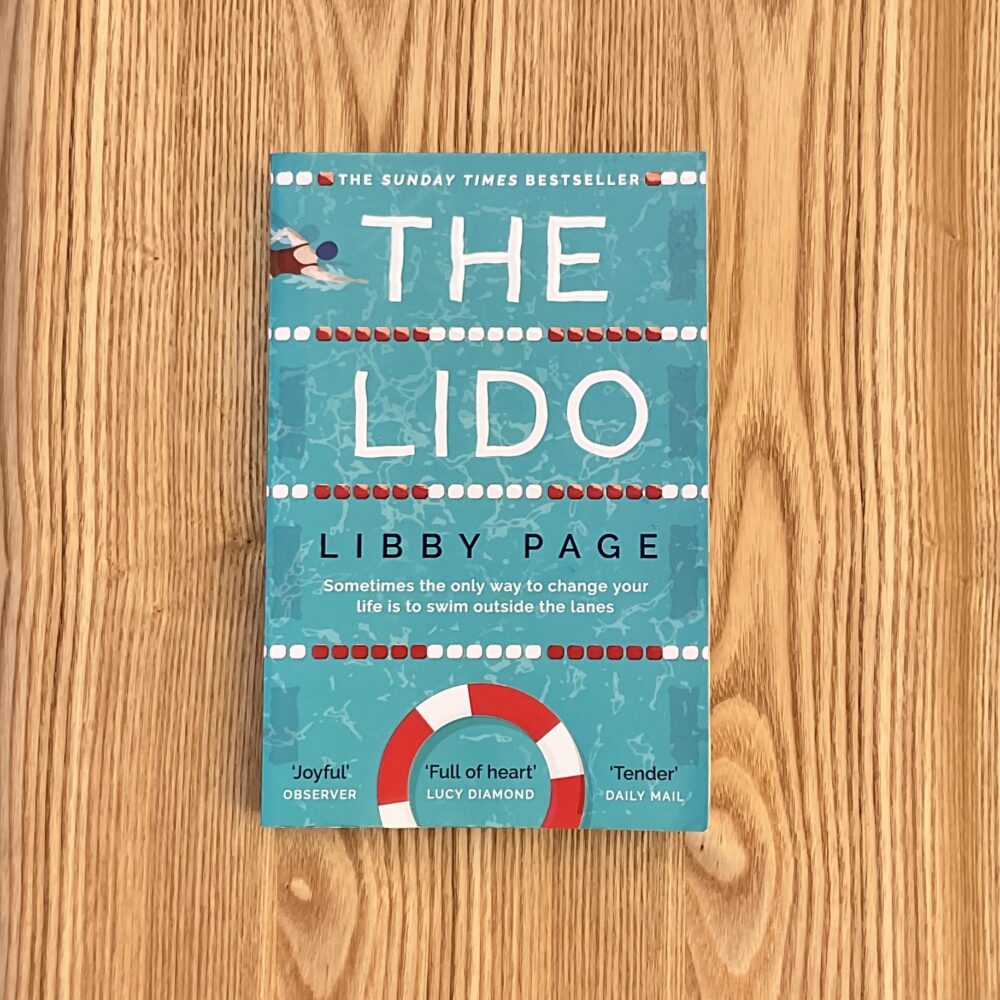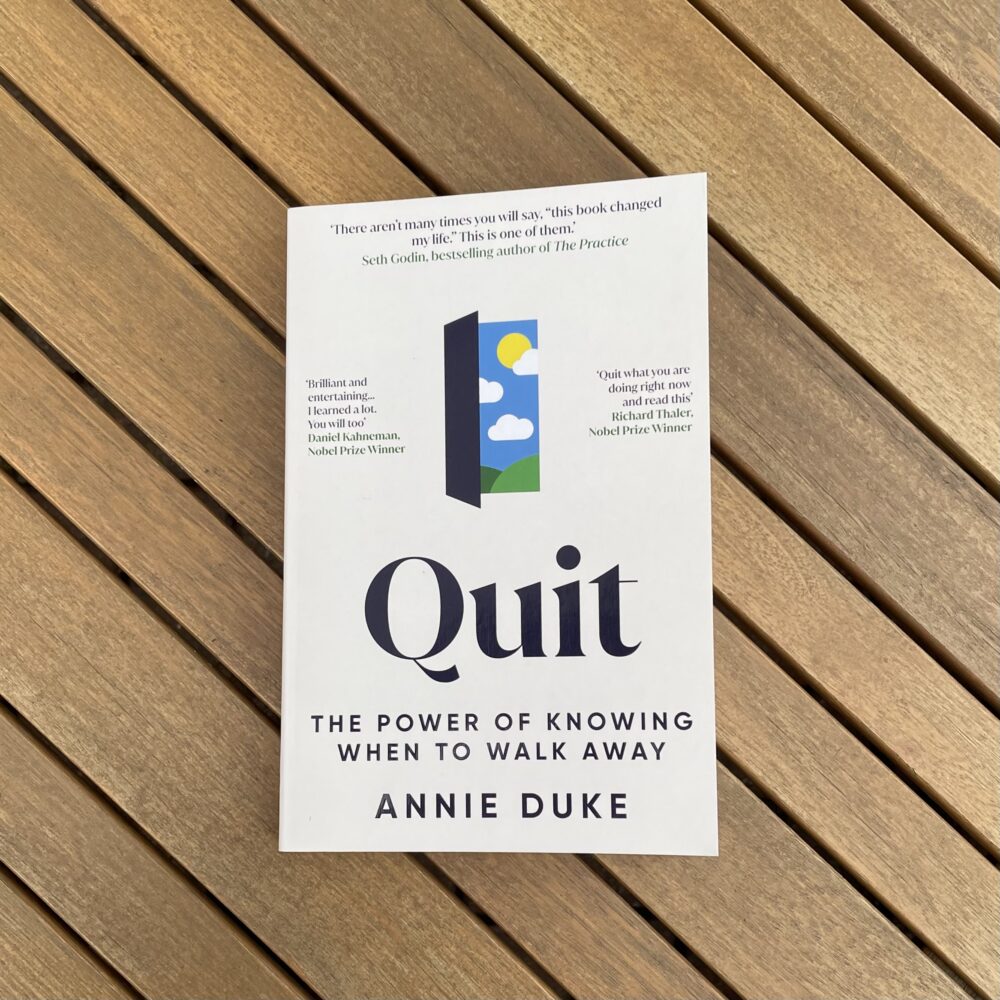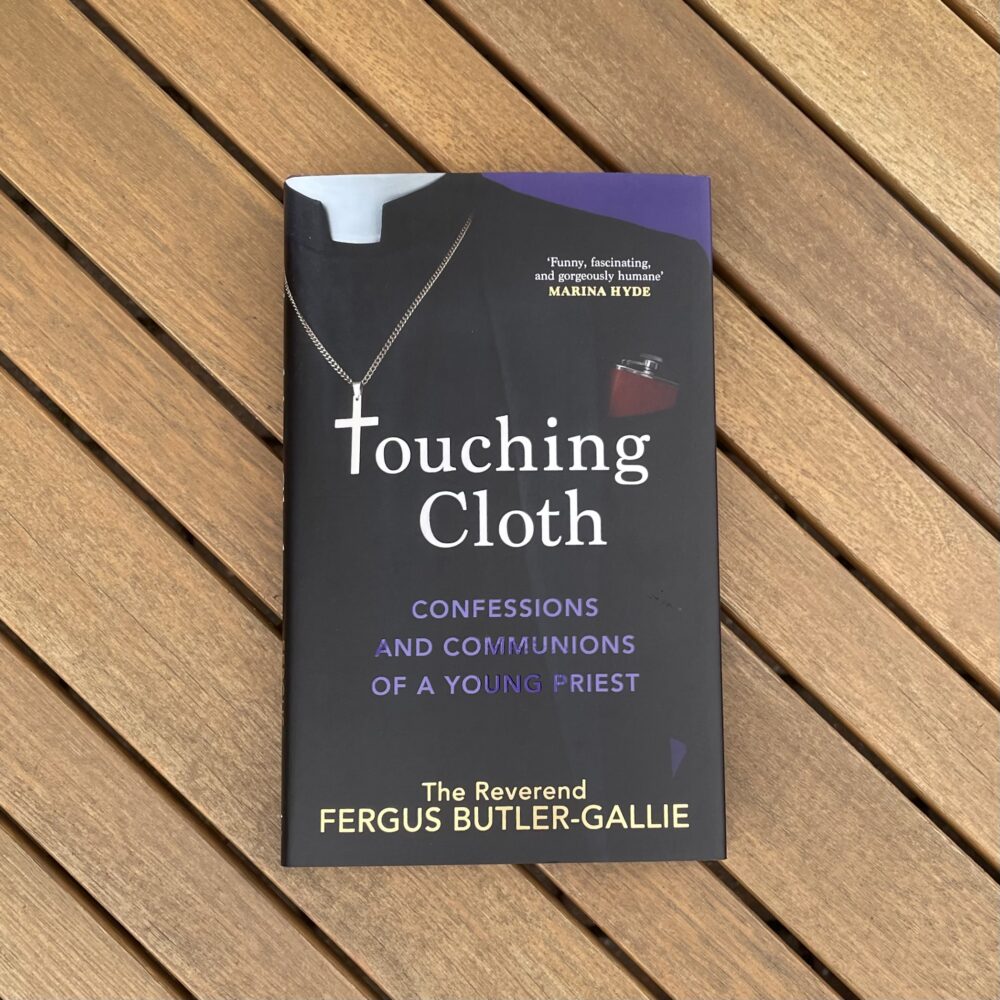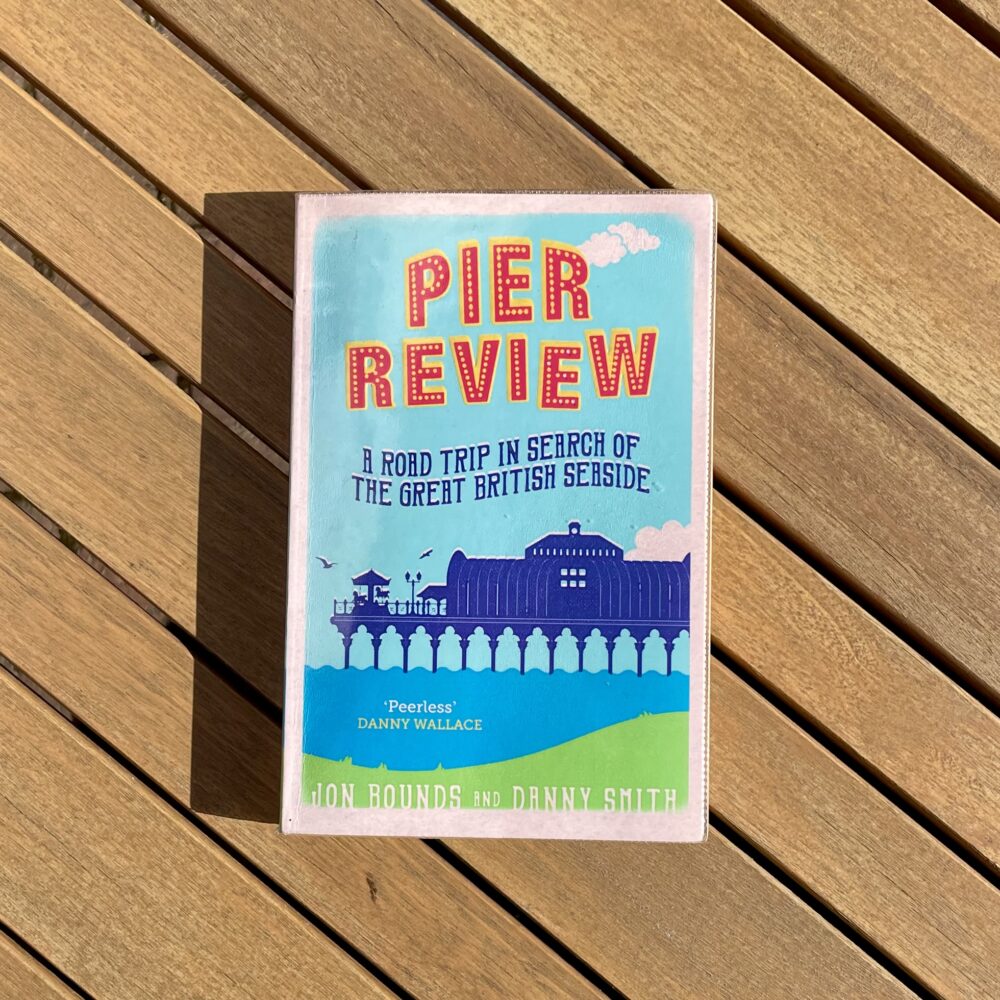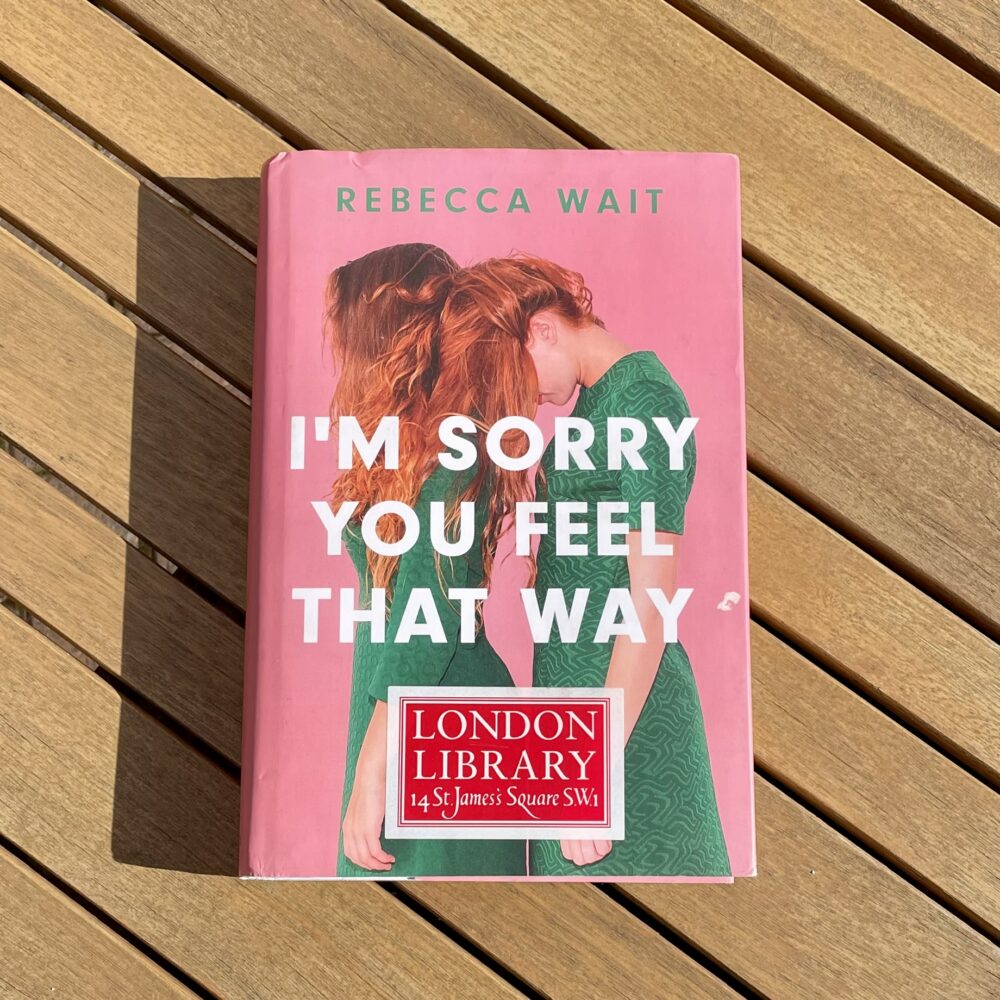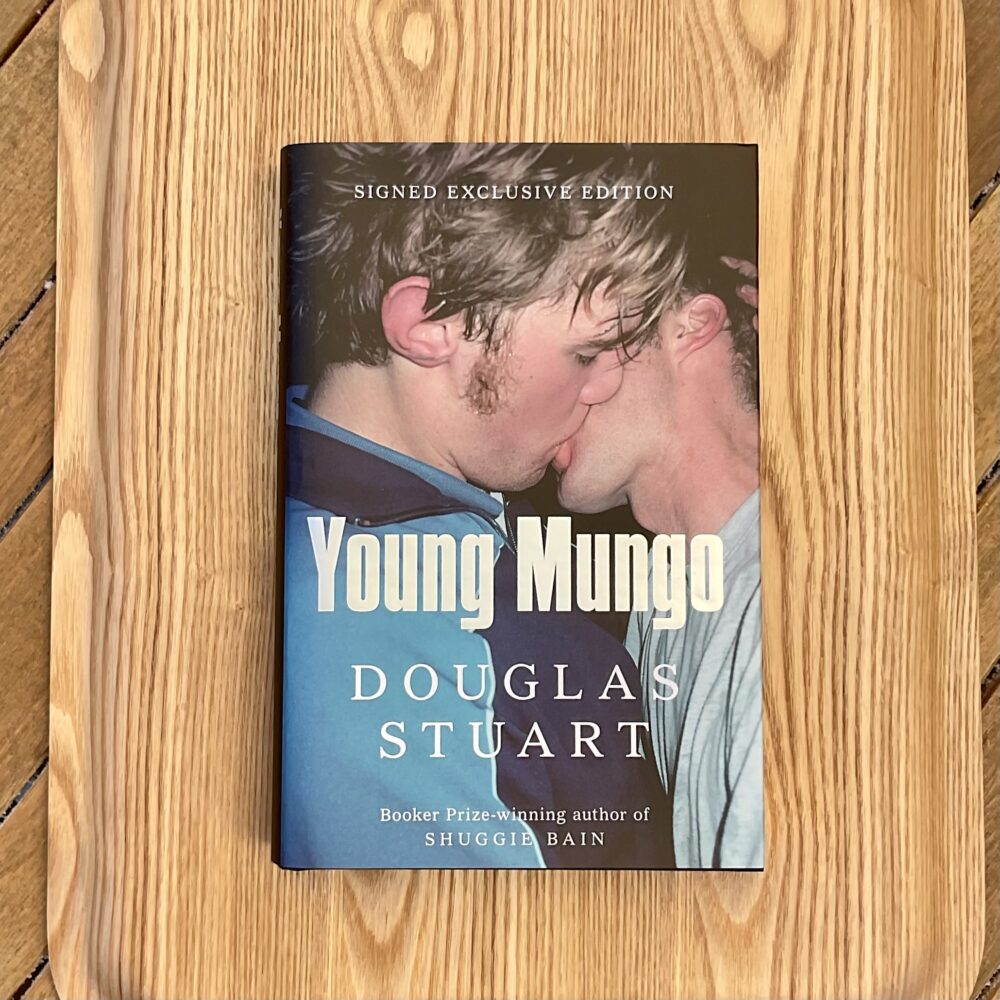I’ve been reading ‘The People Who Report More Stress’ by Alejandro Varela
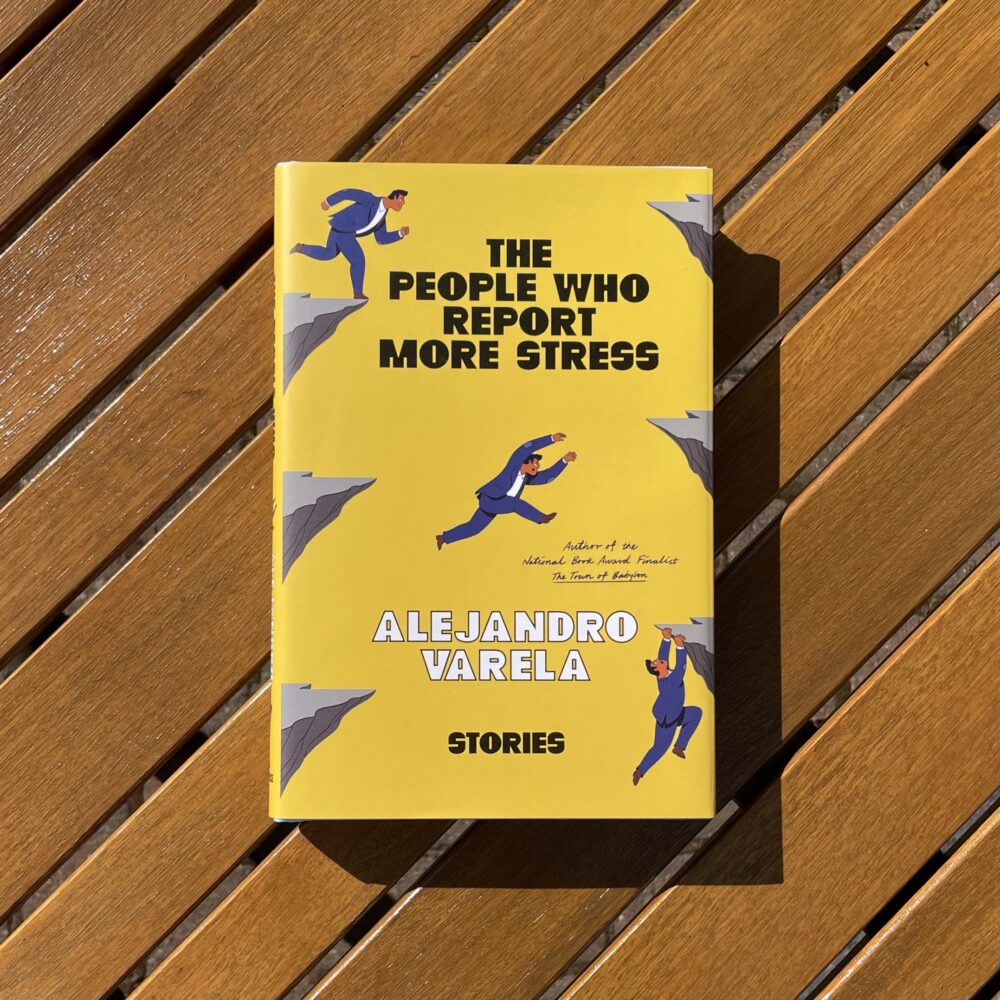
I didn’t find out until after I read this book that Alejandro Varela is a specialist in public health. That explains the focus of many of the short stories in this collection, and also why they intersected with many of my own interests.
Verela is based in New York, which serves as the setting for these interconnected stories. The focus is on people who are at the margins of society, either as a result of being quietly introverted or due to more structural issues. The main themes in the book are around romantic relationships (particularly among men), parenting, and everyday racism.
The ‘book is also very funny. ‘Carlitos in Charge,’ a comedic piece about the absurdity of the United Nations (and the sexual encounters between the staff) stood out to me as riotously good fun, not least because the satire had the sting of underlying truth to it.
As in any collection, some stories were more successful than others. Short stories are not my favourite medium, but I enjoyed this book, and will add Varela’s much praised first book, The Town of Babylon, to my list.
Some quotations I noted down:
That doesn’t matter, Dear. My grandmother said this in response to almost everything: marital spats, earthquakes, authoritarianism, late-stage cancer. Whether it was the tone or the pith that made her words so persuasive was unclear. But whomever heard her say them understood that she knew well the distinction between problems and pain.
The transportation app on my phone flashes a warning about the F train: it’s been rerouted and delayed. In other words, one can be late for a place they never intended to visit.
In a short period of time, I learned that the United States was immune to easily interpretable, common-sense data on everything -pollution, tuberculosis, birth control, abortion, breastfeeding, war, rape, white phosphorous, blue phosphorous, red phosphorous, lithium, PTSD, GMOs, slavery, winged migration, lions, tigers, polar bears, grizzly bears, panda bears, capital punishment, corporal punishment, spanking, poverty, drug decriminalization, incarceration, labor unions, cooperative business structures, racist mascots, climate change, Puerto Rico, Yemen, Syria, Flint, Michigan, women, children, wheelchairs, factory farms, bees, whales, sharks, daylight saving, roman numerals, centimeters, condoms, coal, cockfighting, horse betting, dog racing, doping, wealth redistribution, mass transit, the IMF, CIA, IDF, MI5, MI6, TNT, snap bracelets, Pez dispensers, Banksy. It didn’t matter what it was. If the Human Rights Council (or Cuba) advocated one way, the United States went the other.
She’s wearing a gold band, but no engagement ring. I’m relieved. Literate women who wear engagement rings destabilize all my notions of feminism. I’m grateful this tradition seems to be falling by the wayside.
As if on cue, my little wombat skulks into the room with a guilty but also aggrieved turbulence in his eyes and brow. We adopted Julio, and he looks nothing like me, not his hair, not his teeth, not his marshmallow face, but he is me, almost more so than I am.
“Did you hear that, Julio?” I shout toward my son as he and his friend take off down the hallway. “One hour. I don’t want to hear any crying or screaming. I’m setting a timer too.”
Timers. Christ.
Don’t get me wrong. I’m grateful for any tools or techniques that facilitate the trauma-free domestication of our small, wild humans, but the gulf between my childhood and my children’s is vast and vertigo inducing. My parents used to set timers with the backs of their hands. Sometimes, the timers were made of leather. But those were different times, I’ve heard people say. I assume they meant different income brackets.
This post was filed under: Post-a-day 2023, What I've Been Reading, Alejandro Varela.
